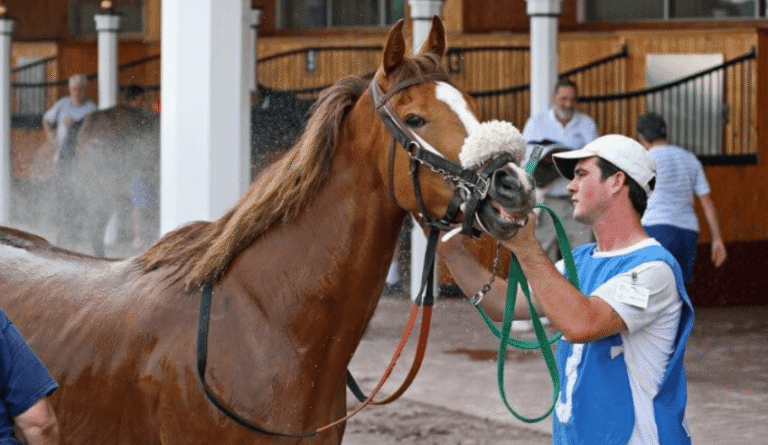Horse racing trainers are essential in shaping the success of their horses. They meticulously assess each horse’s unique traits and needs. This personalized approach leads to tailored training regimens that enhance performance. Additionally, trainers focus on building strong partnerships between horse and rider, fostering trust and communication. Through continuous performance analysis, they adapt strategies as necessary. But what specific methods do trainers employ to navigate the complexities of each horse’s journey to victory?
Understanding the Unique Needs of Each Horse
Understanding the unique needs of each horse is crucial for trainers aiming to optimize performance and welfare.
A deep awareness of horse behavior allows trainers to tailor nutrition strategies that enhance energy levels and overall health.
Crafting Personalized Training Regimens
While each horse possesses unique attributes that influence its training potential, crafting personalized training regimens is essential for maximizing performance.
Trainers employ various conditioning techniques tailored to individual strengths and weaknesses, integrating race simulations to mimic competitive environments.
This targeted approach not only enhances physical readiness but also fosters mental resilience, ultimately empowering horses to achieve their best during races and fulfill their potential.
See also: The Role of Horse Racing Syndicates
Building Strong Horse-Rider Partnerships
Building a strong partnership between horse and rider is essential for achieving success in competitive horse racing.
Effective communication techniques, including consistent cues and body language, foster trust and understanding.
Additionally, rider psychology plays a pivotal role; a confident and composed rider can significantly influence a horse’s performance.
Together, these elements create a harmonious bond that is crucial for navigating the challenges of racing.
Analyzing Performance and Making Strategic Adjustments
The bond between horse and rider lays the foundation for performance, but success in horse racing demands a thorough analysis of that performance to identify areas for improvement.
Utilizing performance metrics, trainers can evaluate past races and refine race strategies. This analytical approach allows for strategic adjustments, enabling trainers to enhance the horse’s capabilities and optimize race outcomes, ultimately leading to more victories.
Conclusion
In conclusion, the critical contributions of horse racing trainers cannot be overstated. Through thoughtful training tailored to each horse’s unique traits, they forge formidable partnerships between horse and rider. By diligently dissecting performance data, trainers can deftly direct adjustments that enhance competitiveness. This intricate interplay of insight and innovation ultimately cultivates champions on the racetrack, showcasing the essential role trainers play in transforming potential into prowess, and aspirations into achievements in the exhilarating world of horse racing.
